Forum Replies Created
-
AuthorReplies
-
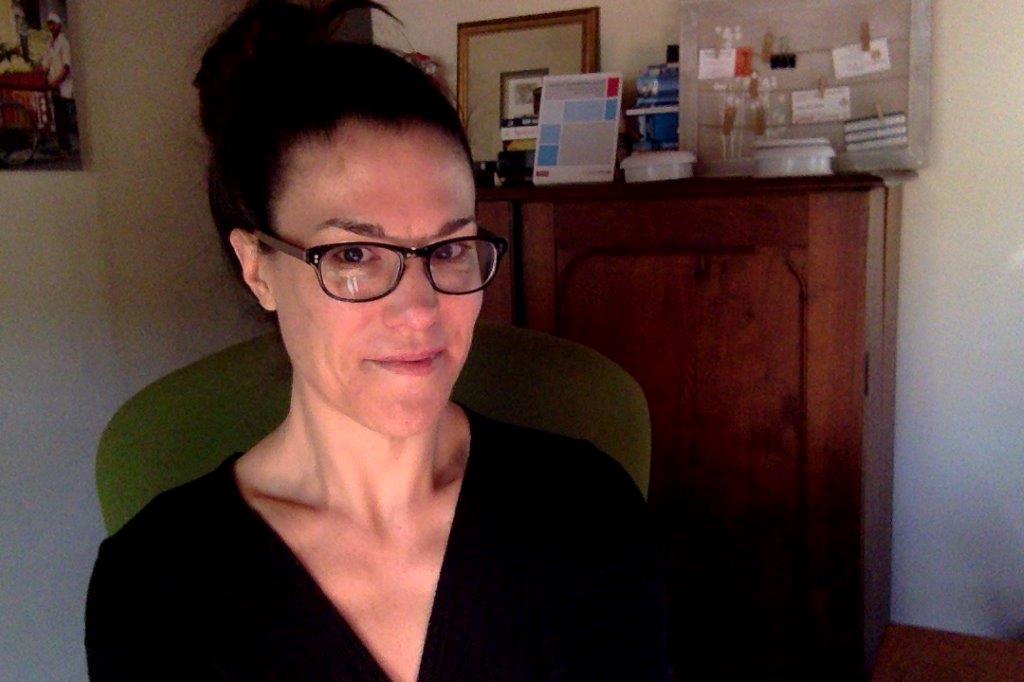 AnneMember
AnneMemberHi everyone,
I am a veteran AVAC consultant who works on all that is GPP! I contributed to a second revision of the GPP-HIV Guidelines in 2010 and helped to design and implement this online course. My background is in biomedical research, international development and global health. I look forward to learning more about your expertise and discussing how GPP can help your efforts on the ground.
My favorite Thai food… oooooh, so many foods. Maybe all the food in Chiang Mai….and Khanom Wan Thai!
All the best,
Anne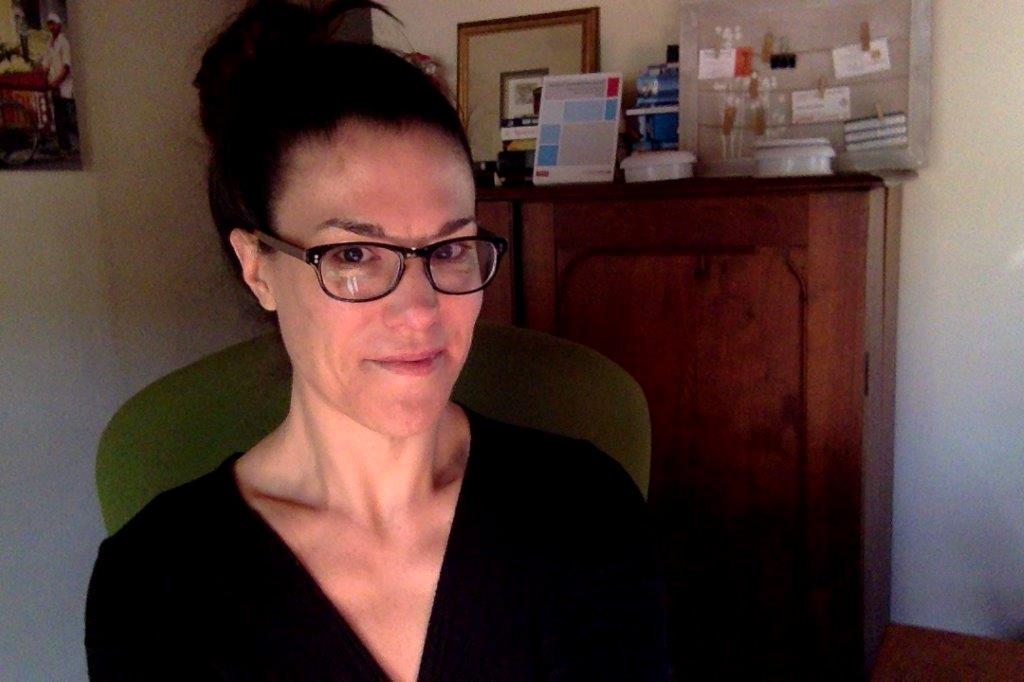 AnneMember
AnneMemberAgreed, Cale. Good point about the necessity of early discussions and consultations on ethical and community issues —ideally, during protocol development!
In this case, some advocates questioned whether the trial was even ‘ethical’ in such a criminalizing environment and with a criminalized, stigmatized group such as IDUs?What do others think? What else could have been done differently? How would your team strategically manage the situation?.. Think about engagement at all levels!
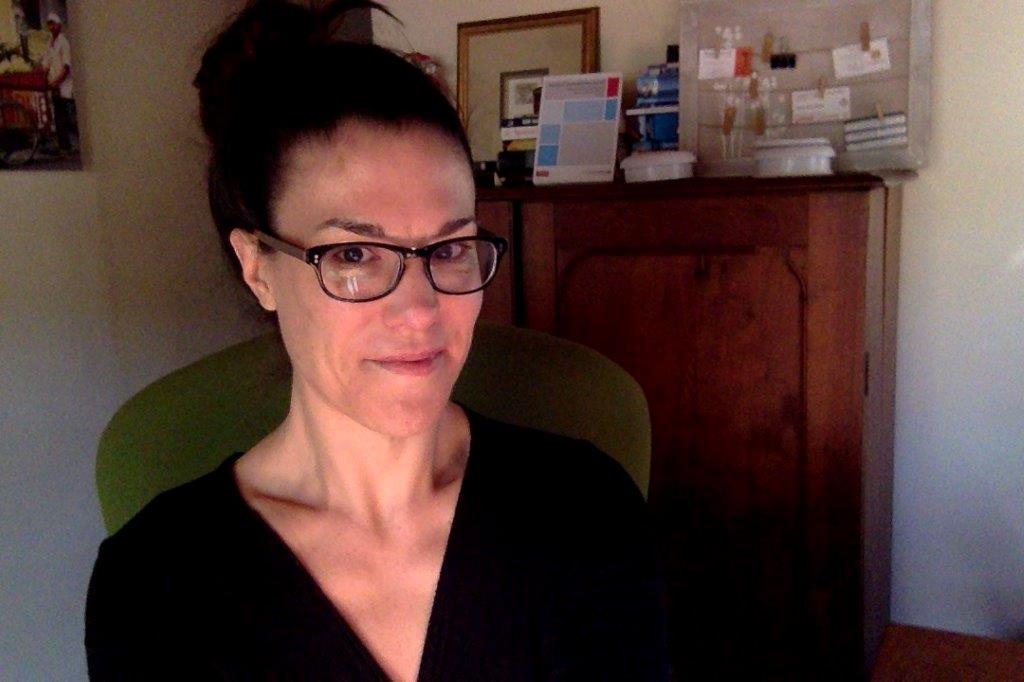 AnneMember
AnneMemberAlso on this topic –check out Jessica’s recent post and her link to an interesting online article.
Media can definitely a key partner in the research–especially when trying to overcome stigma and discrimination in communities! But we need to plan thoughtfully and engage early.
For even more information, stream our webinar with Anne Rancourt from NIH/NIAID. As a expert in the field, she has some very strategic advice about communications planning and media engagement!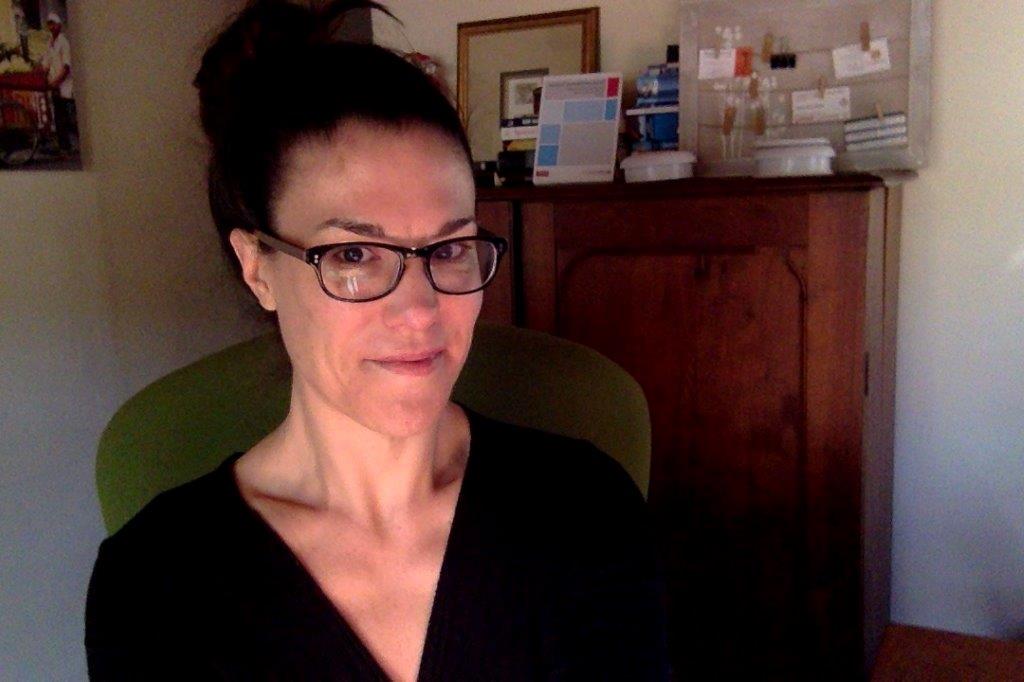 AnneMember
AnneMemberYou are welcome to email us at GppOnlineCourse@avac.org
And we will pass on your question and request to SFDPH and their Center for Learning!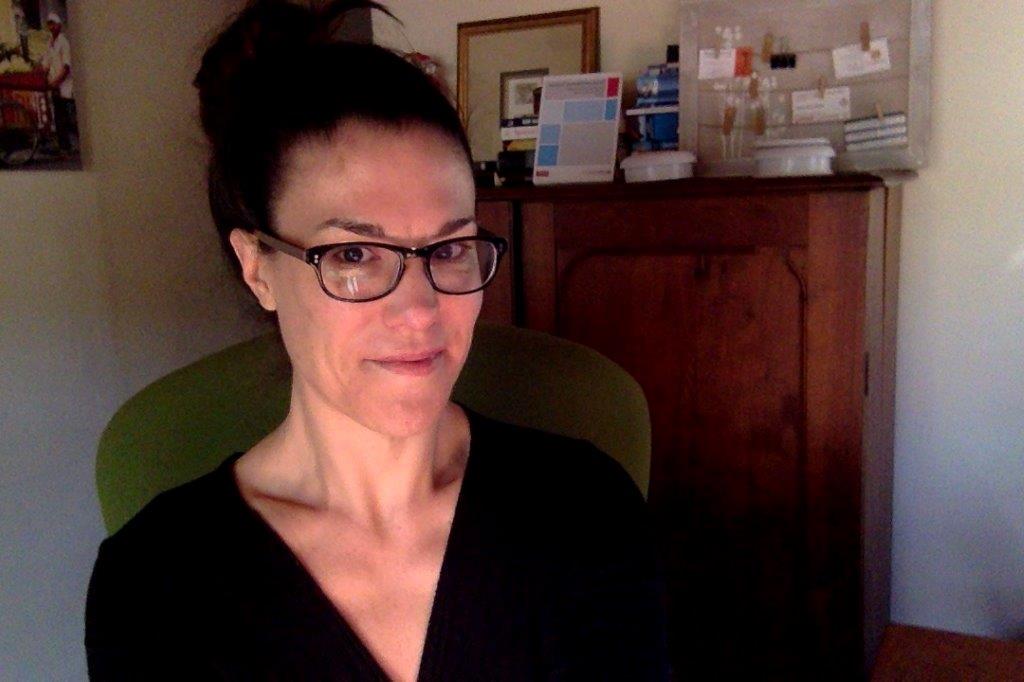 AnneMember
AnneMemberGreat question/comments! There are some great examples of social media being used to disseminate accurate messages about HIV prevention — i.e the FAQ Page for the PrEP on Facebook, HIV Smart and PrEP Love Campaigns and many others. And publications that talk about effective social media strategies in HIV prevention and public health.
It’s worthwhile to investigate who is doing what.. and decide on clear objectives for what you want to achieve with social media.You also need a response plan in place! You do not want to be figuring this out when the spotlight is on you …
Does your team have a written SOP or plan (in line with your network’s or sponsor’s plan) that guides staff members about communications?
For example, it might include:
– Designated R&Rs– you need a tech and social-media savvy person working in sync with the rest of the team; this person can search for posts/key words across both internet and social media sites, for example
– Procedures for posting and responding to social media messages developed with leadership
– Answers to FAQs about the research/pre-approved messages for external communication
– Media or comms training plan for staff, CAB and participantsAll food for thought!
What do others think?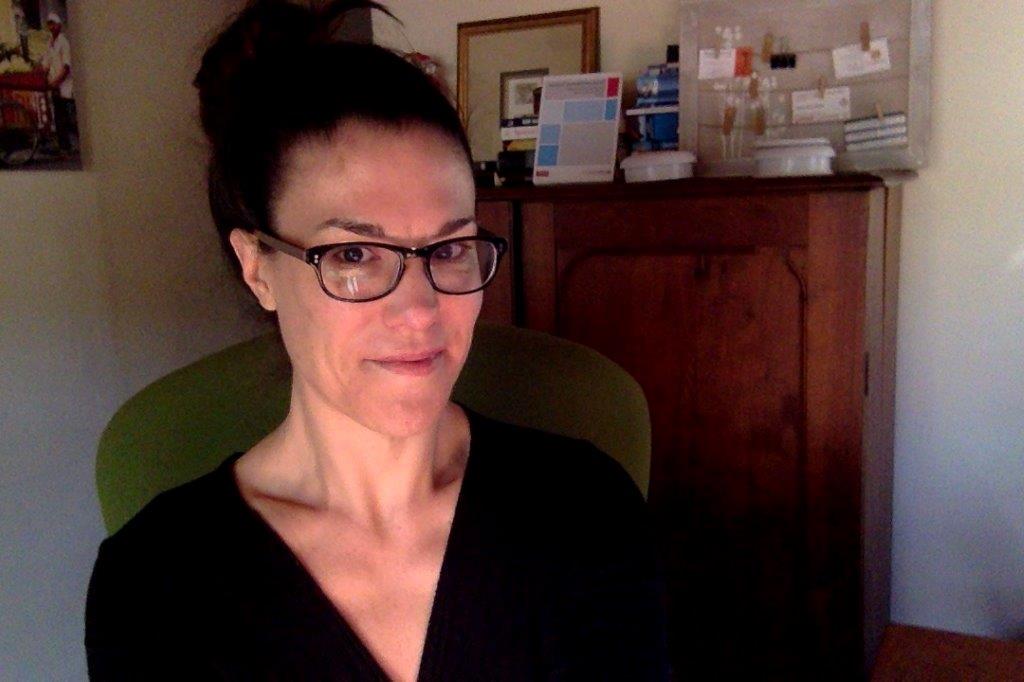 AnneMember
AnneMemberThe conference was full of interesting data –PrEP (and long acting injectables as a promising way to remove adherence from the equation), new data on ARVs, and lots of implementation science …like the use of economic incentives in patients very difficult to treat.
I have always loved the opening ceremony at CROI. If you missed it … Gerald H. Friedlander form Yale gave a stimulating talk about the environment (the soil), the virus (the seed) and the wind (social conditions) that drove the HIV epidemic (http://www.croiwebcasts.org/console/player/29436?mediaType=audio&).
He drew important parallel between HIV and TB. The session ended with Kenneth Cole (yes, the shoe designer) who said, among many things, that dressing well the crowd was going to be more difficult that curing HIV.I was reminded again that HIV is a disease that affects the global community in many different ways and it is important to be reminded that we are part of a community—HIV is important not because of the profound research …but because of the people that live with it and its effects on human lives.
Ultimately, progress will depend on the contributions and partnerships with these affected communities to create greater political will and investment in line with their own identified health needs. And for me, this is the essence of GPP!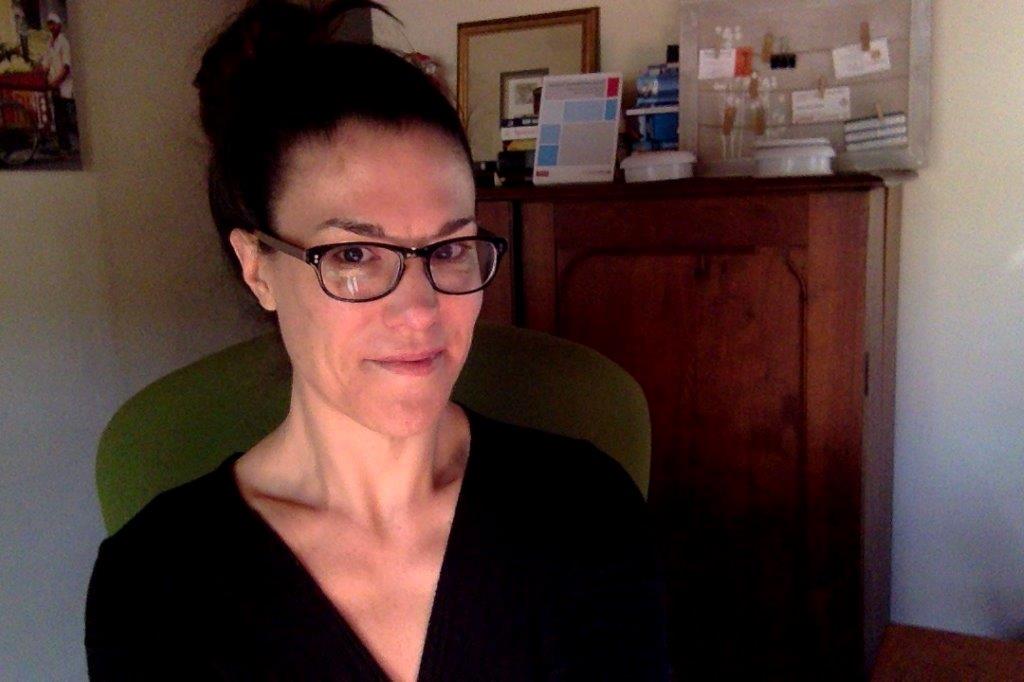 AnneMember
AnneMemberI like your points about exploring wider health campaigns and communication platforms to create alignment and momentum. Engagement is ongoing effort that requires multiple strategies to share information and build community capacity.
Whatever the disease area, we need strong partners who are research literate and can influence key decision makers on the community, broader (regional), national and global levels.
While it may be true that some stakeholders work in collaboration (or are at least aware of each others’ work), people working at trial sites and local community advocates can be isolated from one another. Established forums for networking and exchanging views about various challenges arising in trials and stakeholder engagement approaches –such as international and regional conferences, training programs, and listserves/social media –are all great mechanisms for sustaining involvement and strengthening unity and coordination of stakeholders!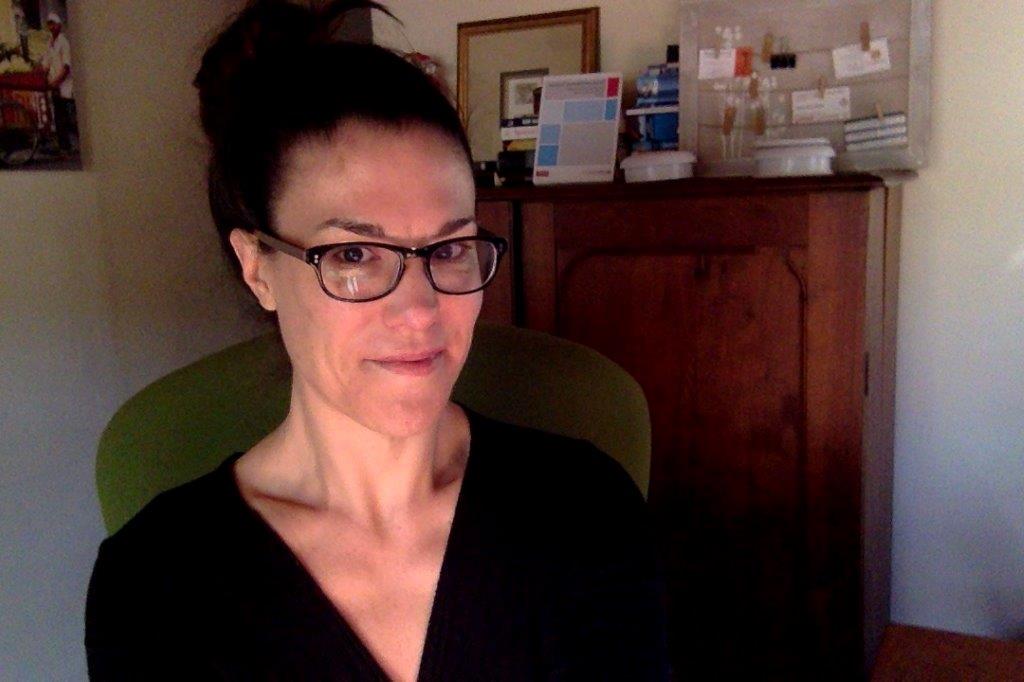 AnneMember
AnneMemberI like this post! Yes –the silos are real! It also can be tough to get leadership support and staff buy-in for that planning process. I love the point about R&R clarification. We sometimes forget our own team members function as important internal stakeholders!
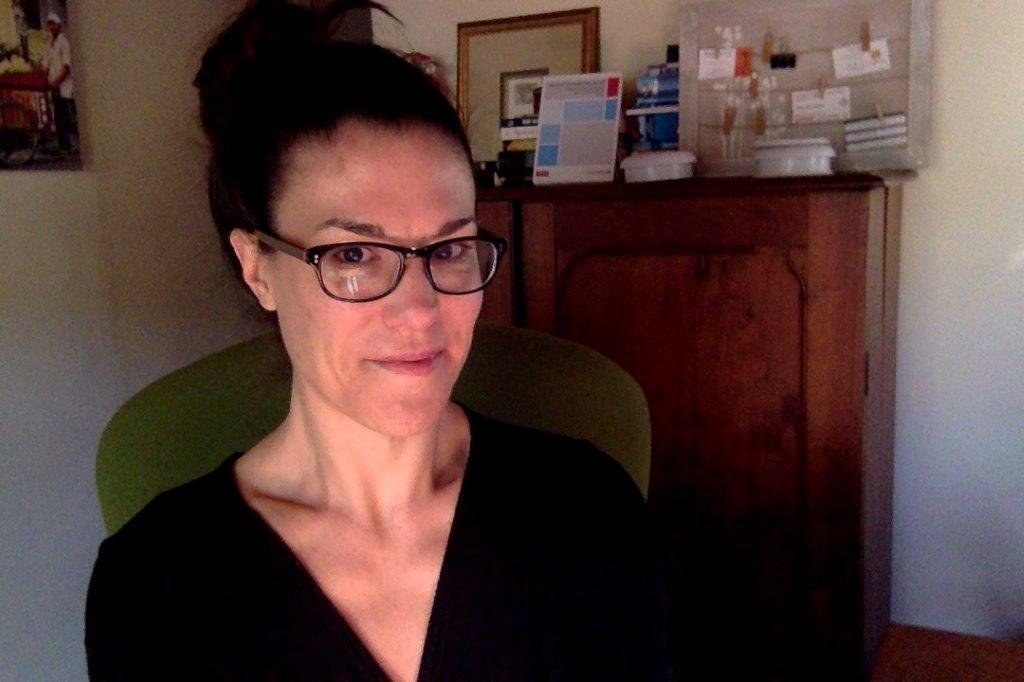 AnneMember
AnneMemberGreat example– of course, the value of engagement (and the real benefits) are perceived and understood differently by different team members. It truly is a culture shift in some ways. And also a different way of doing business, at the end of the day.
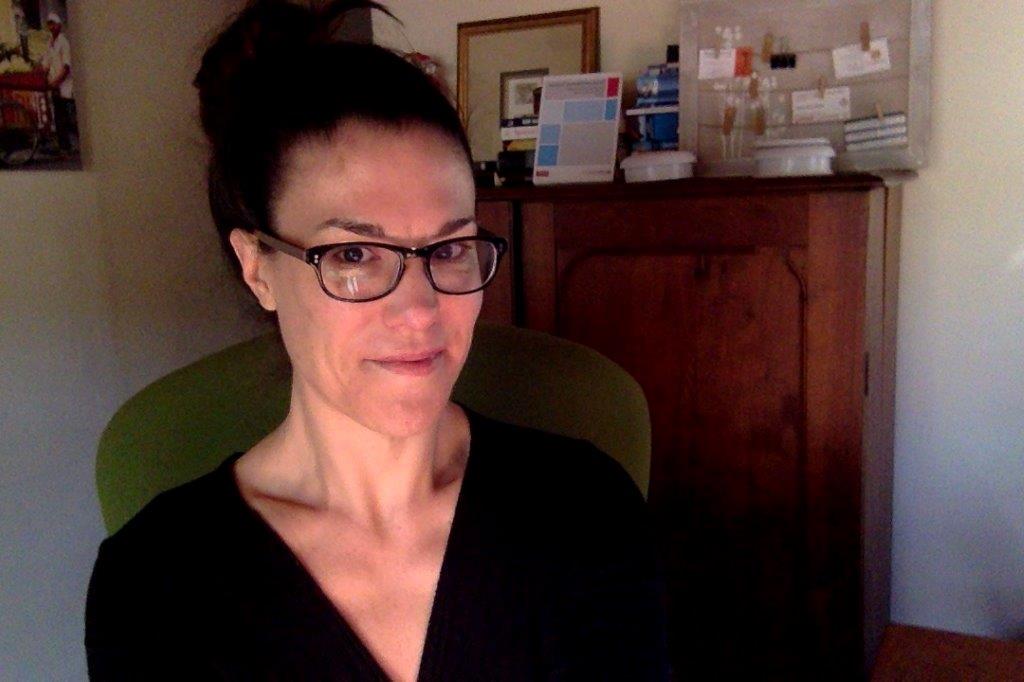 AnneMember
AnneMemberHi everyone,
I am a veteran AVAC consultant who works on all that is GPP! I contributed to a second revision of the GPP-HIV Guidelines in 2010 and helped to design and implement this online course. My background is in biomedical research, international development and global health. I look forward to learning more about your expertise and discussing how GPP can help your efforts on the ground.
Get ready–the course does demand participation and time commitment. But we hope you will appreciate the rewards!
All the best,
Anne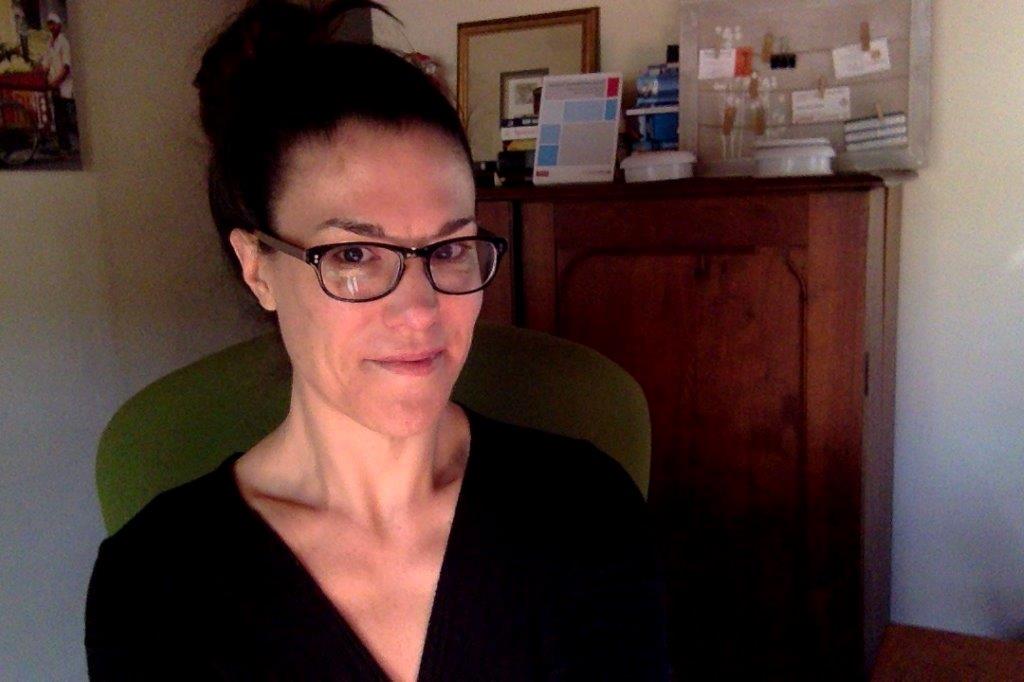 AnneMember
AnneMemberThank you everyone! I am jumping on late because my Thai is very poor (sabai, sabai, sabai dee … raa-kaa tâo rài Durian fruit 🙂
I work in collaboration with P Udom and AVAC, and am very pleased to meet you all.
I appreciate your courage with testing out the forum — please continue to engage with the course.
We want feedback about how to make this more adaptable to different kinds of audiences.
Try and use the Thai translations with the modules- we will ask for feedback during Udom’s workshop in June.
THANK YOU! Kòp kun mâak!
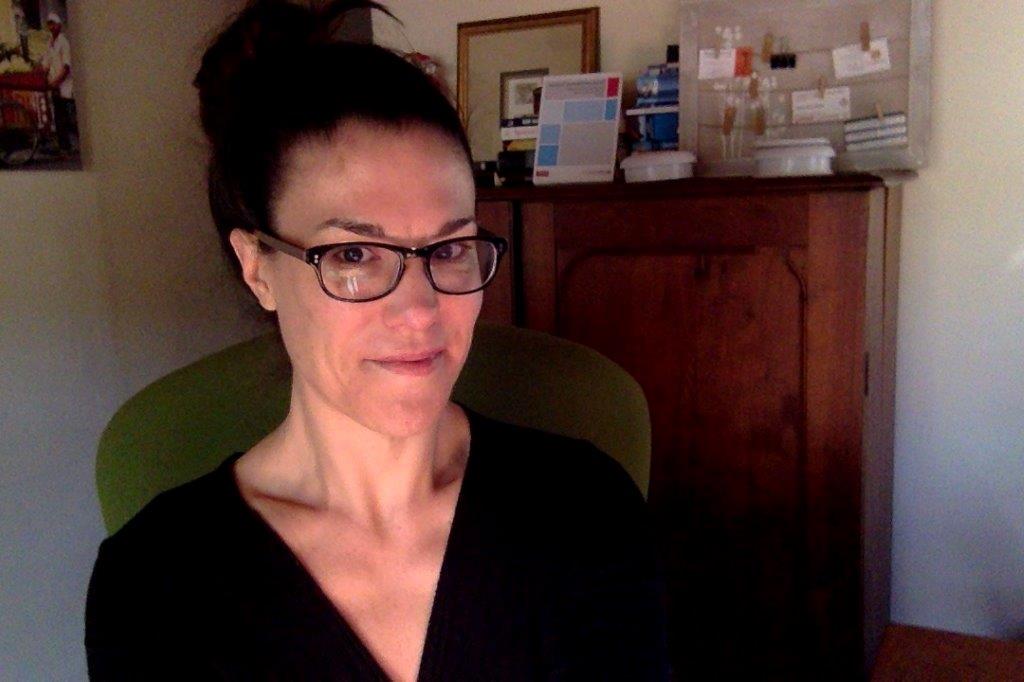 AnneMember
AnneMemberYes, Alison and others– and I think some of these lessons learned from Thailand are very relevant to the changes in the prevention landscape that are impacting our work RIGHT NOW!
- How are communities in your setting reacting to PrEP? What is their real understanding? What are the gaps? How are you addressing this in your engagement plans?
- Who are we actively including in conversation about the prevention package before a trial begins, particularly in countries where PrEP has been licensed/approved and is being rolled out or introduced as standard of care?
- What are the current capacities of health systems and providers to provide PrEP and also support people with PrEP adherence, in terms of services? How will your team assess the capacities and build two-way referral pathways?
- In South Africa , the PrEP roll out has been focused on sex workers, so there might be potential of stigma. If PrEP users are stigmatized, what effect does this have? Who are you involving in this discussion?
Of course, this is an ongoing conversation — with many stakeholders at various levels.
The trial in BKK is a more pronounced example of ethics and participatory practice–but my point is this: take some time to really think about the potential relevance of this topic area and the actual linkages to your own work and GPP implementation!
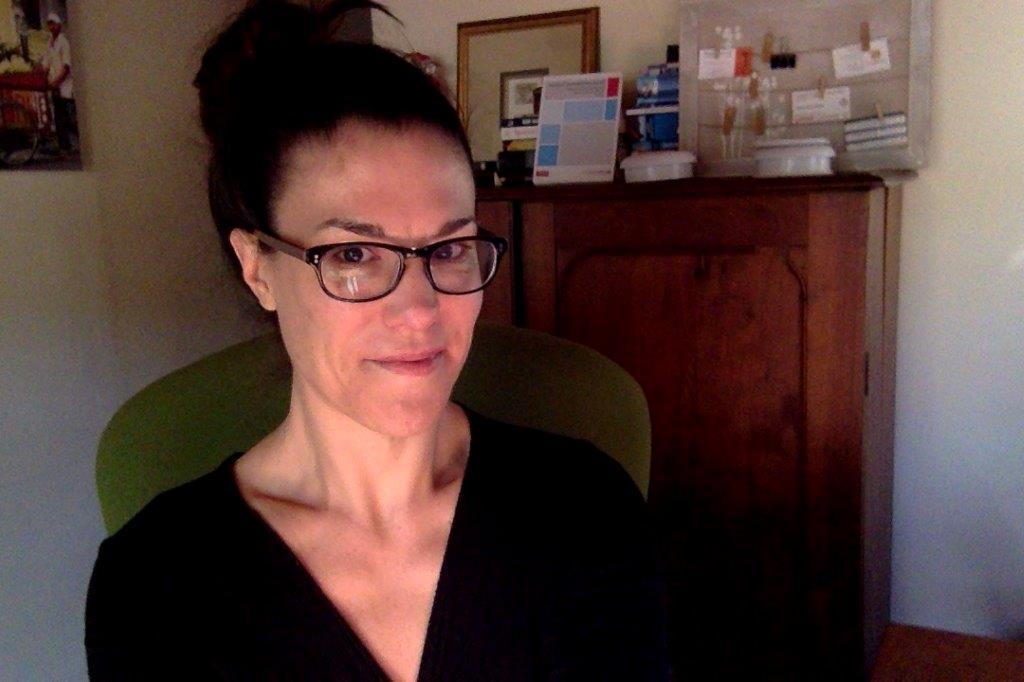 AnneMember
AnneMemberCaroline and others— do you also use the protocol development and review processes as opportunities to ensure that the science is comprehensible to everyone —if something in the protocol is not clear, then everyone benefits from having community members who speak up with questions. This can even feed into and strengthen key messages about the trial!
-
This reply was modified 9 years, 6 months ago by
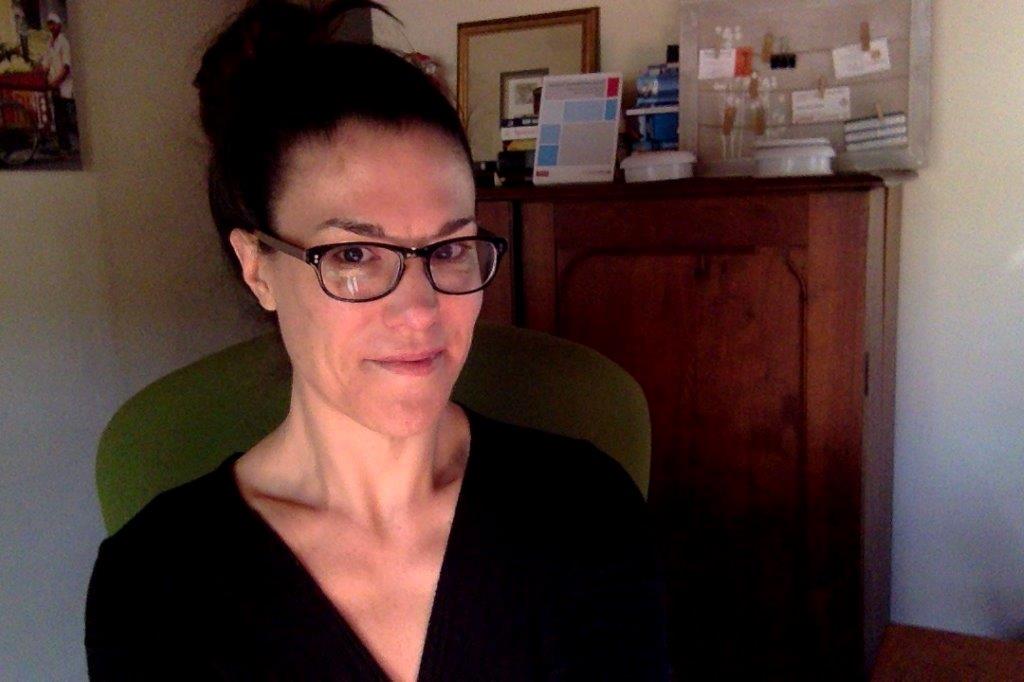 Anne.
Anne.
03/30/2016 at 5:46 pm in reply to: Lesson 1: discussion question (post here for course credit) #4526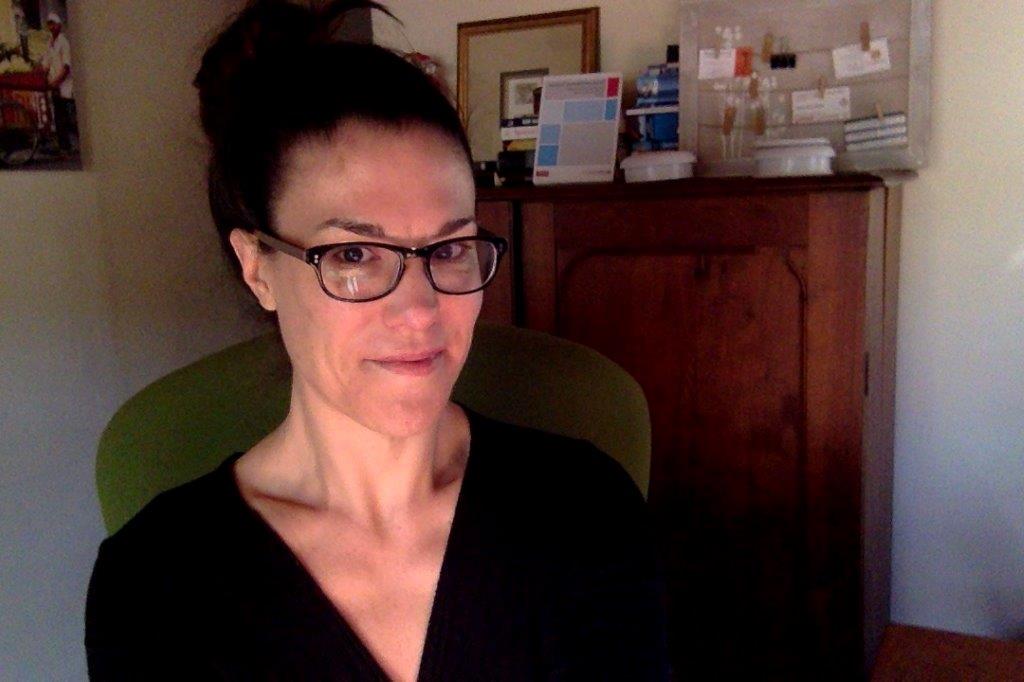 AnneMember
AnneMemberAll interesting points!
I remember my Study Coordinator days and I have to admit–I did not view stakeholder engagement as part of my day-to-day work or a part of the ‘core business’ at the trial site.
I do agree with others that understanding about longer-terms benefits of engagement can vary among individuals. And some staff may even equate engagement with recruitment (a point you will hear us say over and over again in the course: although effective engagement can influence outcomes of a trial, recruitment is NOT the equivalent of engagement).
I think our understanding of engagement is still evolving … and I hope this course illustrates that stakeholder engagement is actually much, much bigger than how we thought of it before…
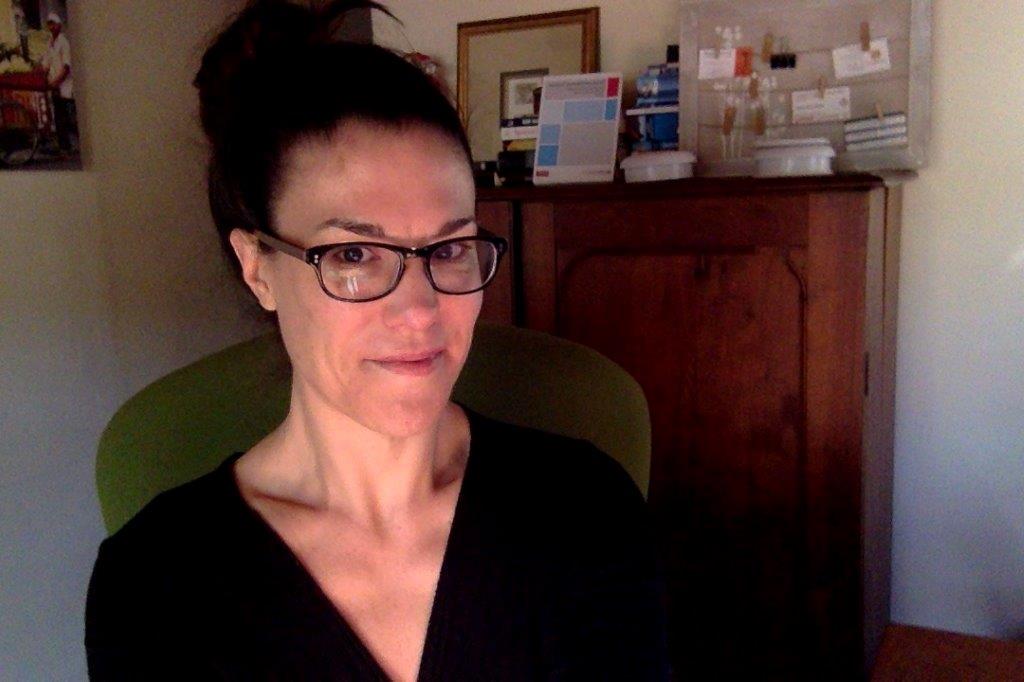 AnneMember
AnneMemberHi everyone:
I am your GPP course facilitator and will be working in partnership with Jessica. I have been an AVAC consultant since early 2011, during which time I contributed to a major revision of the second edition of the GPP guidelines. I worked closely with AVAC on the development of this GPP online training as well as other GPP resources and companion tools.
Aside from my work with AVAC, I bring a wide breadth of experience in biomedical HIV prevention research, international development, and capacity building for large scale public health programs. I fell in love with Africa as a university student in Tanzania in 1994, and after living and working all over the continent, I am now permanently based just outside Cape Town, South Africa with my partner and our five dogs.
I am so thrilled to have the opportunity to collaborate with such an experienced and diverse group of individuals. I can’t wait to get started on our GPP journey!
Again, please reach out with any questions or feedback.
All the best,
Anne
-
AuthorReplies


